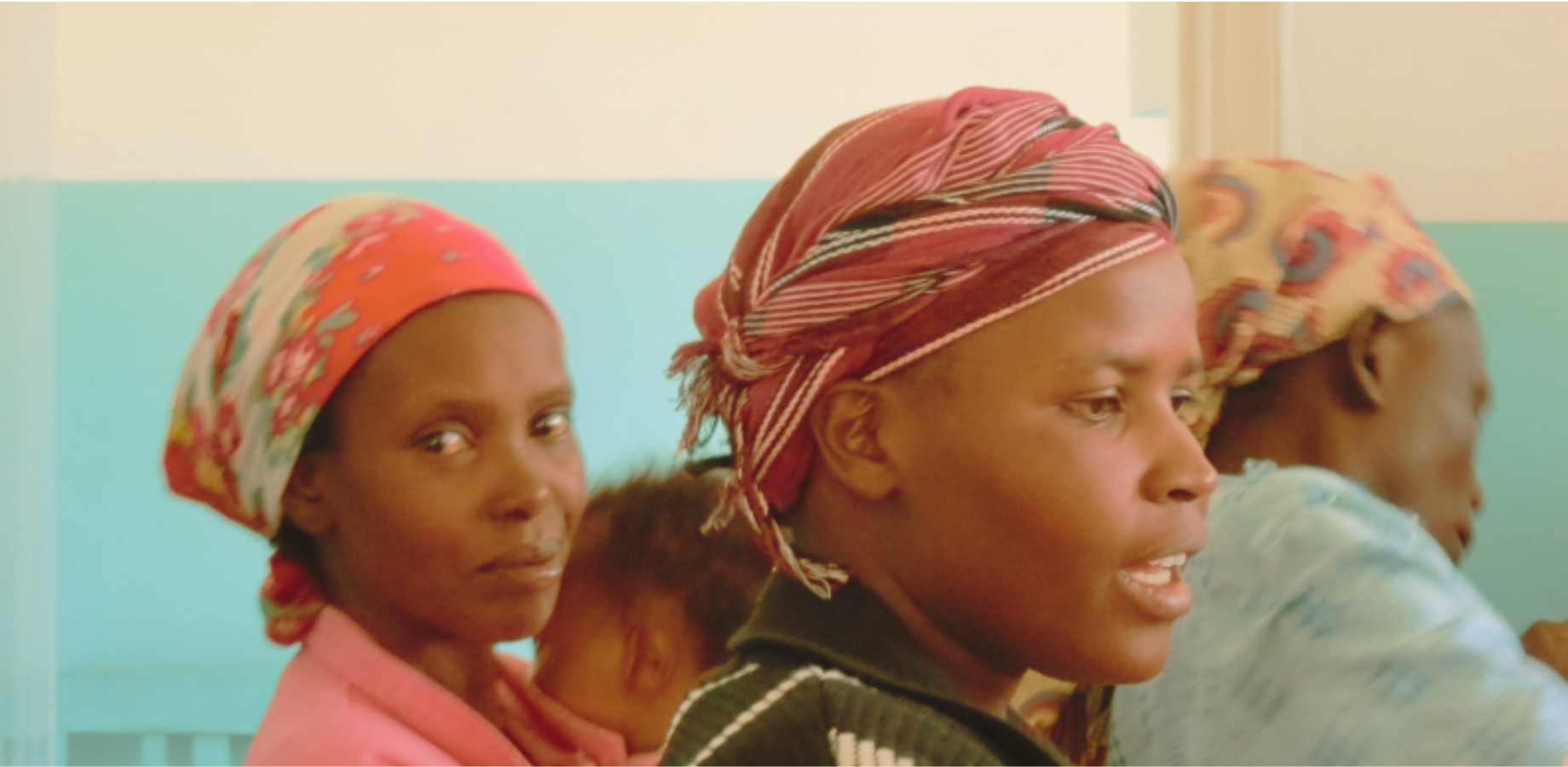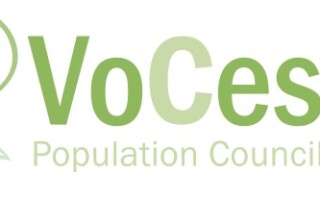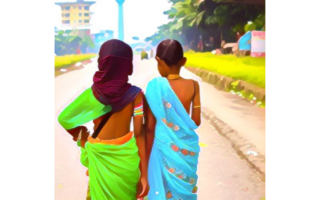
The global refugee crisis is one of the most significant challenges of the 21st century. Sexual and gender-based violence (SGBV) exacerbates the already dire situation in refugee settings, and is both a prevalent concern and a complex phenomenon in these contexts.
Although SGBV is recognized as a growing problem in emergency settings, and the highest number of forcibly displaced people in recorded history was reported by UNHCR in 2015, evaluations of interventions in these contexts have remained sparse.
The Population Council–led Africa Regional SGBV Network—a partnership of regional and national organizations—is working to strengthen country capacity to prevent SGBV, care for SGBV survivors, and share insights across the region to help inform policies and programs.
The network, which was created in 2006 has designed, implemented, and evaluated a range of evidence-based responses to SGBV in humanitarian and nonhumanitarian settings alike in East and Southern Africa. Its work has bolstered the capacity of the medical, education, and legal/justice sectors in the region to address SGBV against children, women, and men, and to meet the needs of refugee survivors in humanitarian settings.
Today, the Network is collaborating with the UNHCR EHAGL Africa Bureau to amplify its evidence-based responses in humanitarian contexts through technical support by Network partners to UNHCR implementing partners in eight countries within the EHAGL region. “Voice” is translated as “sauti” in Kiswahili, and represents the project’s emphasis on amplifying the voices of SGBV survivors and the efforts of those that work with them to broaden the reach of effective SGBV responses across the region.
The introduction of tested SGBV models designed, implemented, and evaluated by the Africa Regional SGBV Network is helping to inform and strengthen policies and programmatic approaches for addressing SGBV in humanitarian contexts in Djibouti, Ethiopia, Rwanda, South Sudan, Sudan, Tanzania, Uganda, Zambia, and throughout the region.




